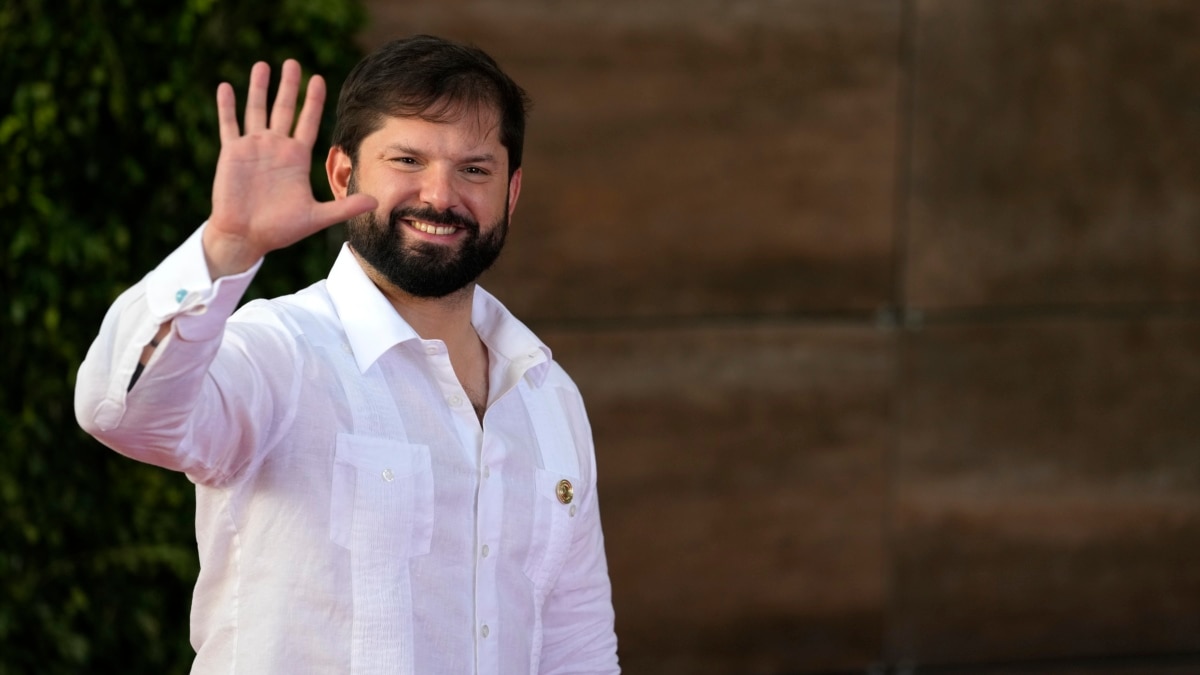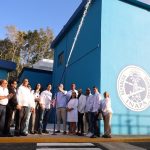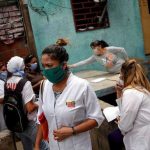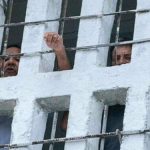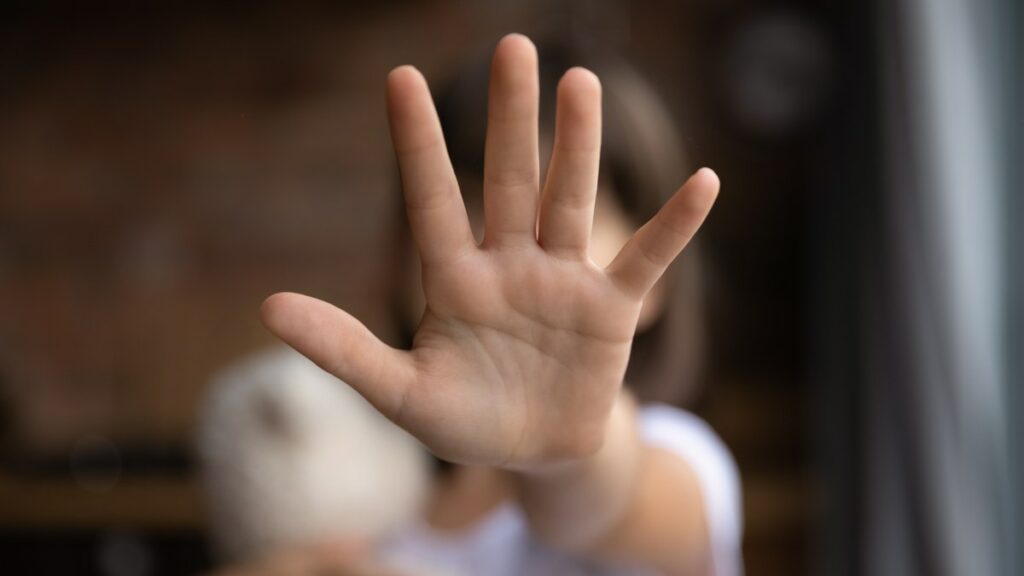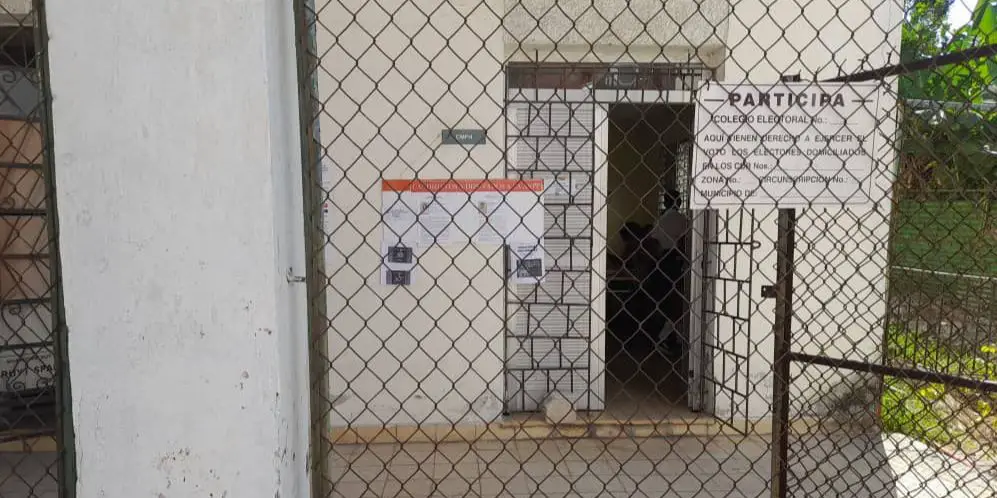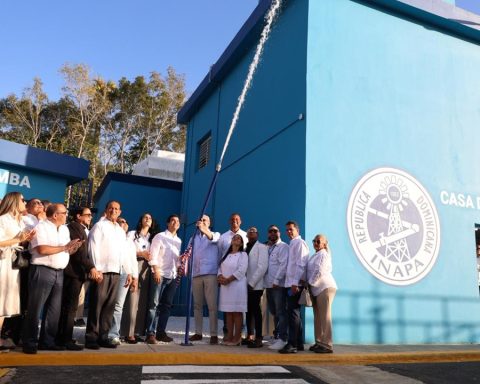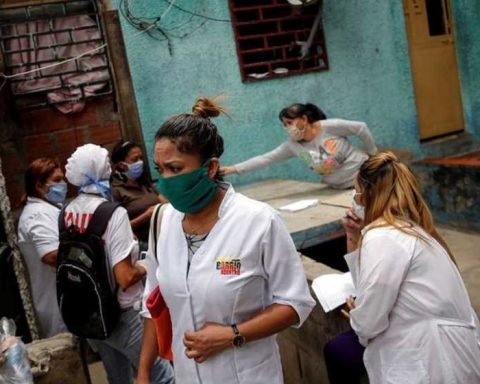Chilean President Gabriel Boric on Saturday intensified criticism of the Nicaraguan government and stated that it is not acceptable to remain silent in the face of the “family dictatorship” of Daniel Ortega and his wife and vice president Rosario Murillo.
During his speech at the twenty-eighth edition of the Ibero-American Summit, which is taking place in Santo Domingo, Boric took the opportunity to reiterate the criticism against the Ortega government and the repressive measures that it has applied in recent months against Nicaraguan opponents.
“Ortega does not seem to know that the homeland is carried in his soul and blood, and it is not removed by decree,” said the Chilean president, condemning the decision made in February by Nicaragua to strip 316 opponents of their nationality. “It is not acceptable for us to remain silent before the family dictatorship of Ortega and Murillo.”
Ortega was one of the eight rulers who did not attend the Ibero-American Summit. Representing him was Nicaraguan Foreign Minister Denis Moncada, who in his speech on Saturday advocated “mutual respect” between governments and non-interference in internal affairs, respecting international law.
Among the 316 Nicaraguans stripped of their nationality are seven former presidential hopefuls released as part of the 222 “political prisoners” exiled on February 9, as well as 94 opponents, mostly exiles, such as the writers Sergio Ramírez and Gioconda Belli. , former Sandinista commanders Dora María Téllez and Luis Carrión, as well as 22 journalists.
Ortega’s unprecedented decision provoked criticism from human rights organizations and the offer from Spain, Chile, Argentina, Colombia, Ecuador, Mexico and Brazil to grant their nationality to “stateless” Nicaraguans.
Boric also warned about the risks and threats that threaten democracies and indicated that before this “we must respond with more democracy, not less.”
Antonia Urrejola, who was until a couple of weeks ago the Minister of Foreign Affairs of the Boric government, also maintained a very critical position towards the Ortega government and denounced that “every day it is more about a totalitarian dictatorship.”
Nicaragua has been experiencing a serious political and social crisis since April 2018, when a civic revolt against the government was violently put down by the police and paramilitaries, causing 355 deaths, more than 2,000 injuries, 1,600 detainees at various times and at least 100,000 exiles. according to the Inter-American Commission on Human Rights (IACHR).
Connect with the Voice of America! Subscribe to our channel Youtube and activate notifications, or follow us on social networks: Facebook, Twitter and Instagram.
